How to Move and Store Raw Milk
Owning a jersey milk cow means you sometimes might need to move and store raw milk safely. Getting the milk out of your cow’s udder is only the first step in the process. Once it’s out, what do you do with it? Treating raw Jersey cow milk – or raw milk from any source – with respect is important for preserving it and preventing illness.
Any time we’re moving or storing our raw Jersey cow milk, we have a specific protocol we follow to ensure our raw milk stays as clean and fresh (and healthy) as possible. If you don’t currently have a regimen for handling and storing your raw milk, you may want to give our methods a try.
In this blog we’ll discuss:
- What’s the best way to milk your cow?
- Which type of bottle is best for storage?
- How long can raw milk stay unrefrigerated?
- Can we store raw milk without boiling?
- Is it OK to freeze raw milk?
- How do you safely store raw milk?
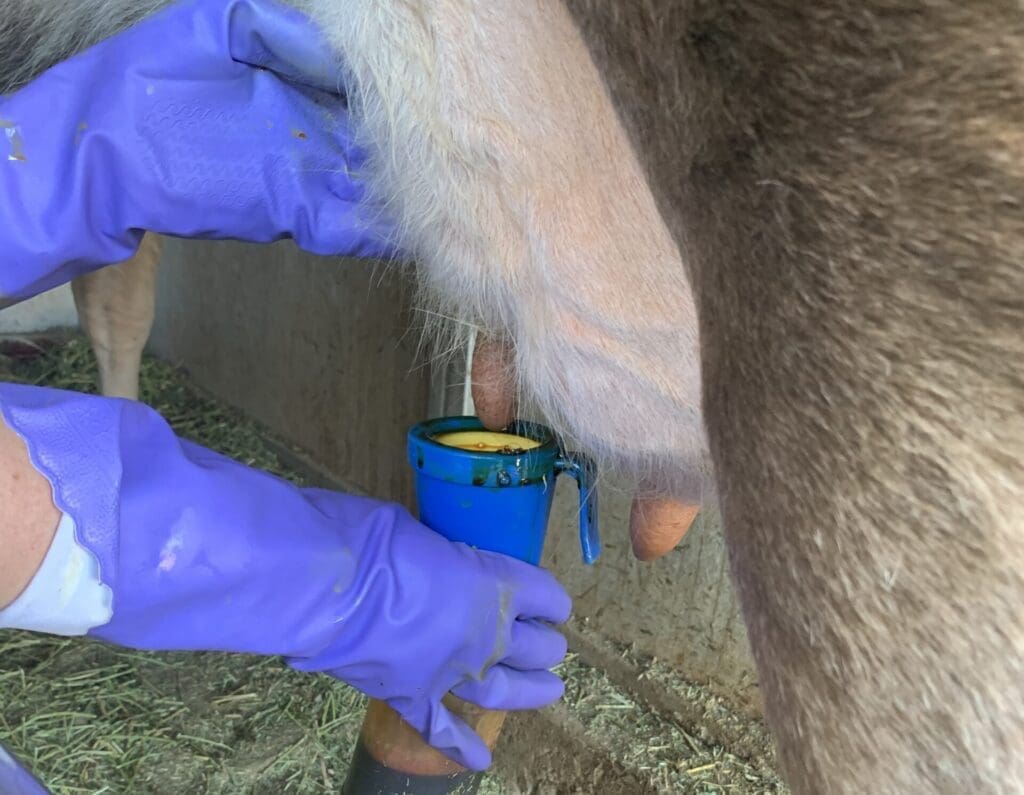
What’s the best way to milk your cow?
Before you can move or store raw milk you must first get it out of your cow. Sounds simple, right? Not exactly. Failing to follow a sanitary cow-milking protocol can taint your milk before you ever have a chance to worry about drinking or storing it.
Milking your Jersey cow doesn’t have to be a painful experience when you follow these six steps. From preparing the milking stall to cleaning your Jersey cow’s udders, each step ensures your raw milk is safe for consuming or storing for later.
We have a multi-step process we go through before each milking at our homestead:
- Wash the teats with warm water with diluted dish soap to remove any dirt.
- Express each teat five times into a lid to inspect the milk.
- Dip each teat into an iodine teat dip solution to sanitize them.
- Dry the udder and teats with a clean towel (use one corner of the towel for each teat to prevent cross-contamination).
Udder Health Labs in Idaho tests our raw milk to ensure it’s safe before we drink it. You can have a lab routinely check your raw milk supply for any contaminants that could make you sick.
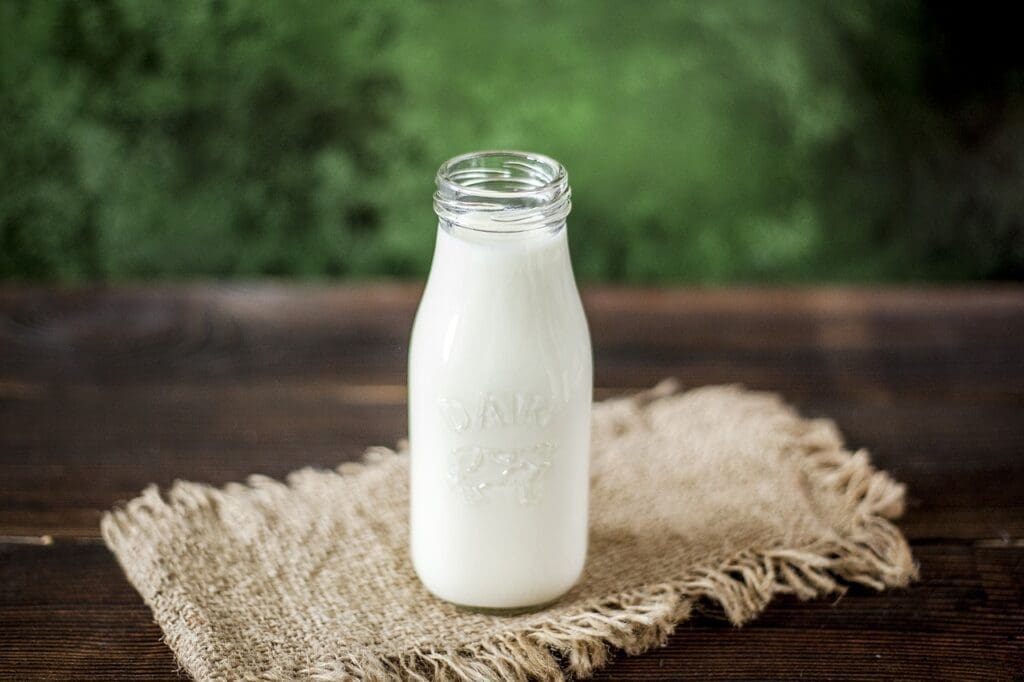
Which type of bottle is best for storage?
Continuing your best practices for handling and storing your raw Jersey cow milk, you’ll want to have the right bottles on hand. Most raw milk homesteaders prefer glass milk bottles because glass is a hygienic material. If you practice sanitary milking procedures with your Jersey cow, you’ll want to go one step further by storing the raw milk in bottles that keep the milk safe for consumption.
Besides keeping raw milk safe, glass bottles also are the best choice for:
- Keeping milk at a consistent temperature.
- Preserving the flavor, purity, and quality of your raw Jersey cow milk.
- Preventing the health risks associated with cardboard or plastic packaging.
- Protecting the environment through reuse and recycling.
If you choose to freeze your raw Jersey cow milk, you’ll want to find an alternative packaging. We’ll discuss that more later.
How long can raw milk stay unrefrigerated?
Perishable foods should not stay unrefrigerated for more than two hours. If you live in an environment where temperatures reach 90 degrees Fahrenheit, you can cut that time in half. Leaving raw milk sitting out any longer can cause bacteria growth, which makes you sick.
Even milk fresh out of your Jersey cow shouldn’t sit out for more than the recommended safety period. It doesn’t matter if you’re drinking pasteurized milk from the store or raw milk from your own Jersey cow. Keeping it chilled preserves its freshness.
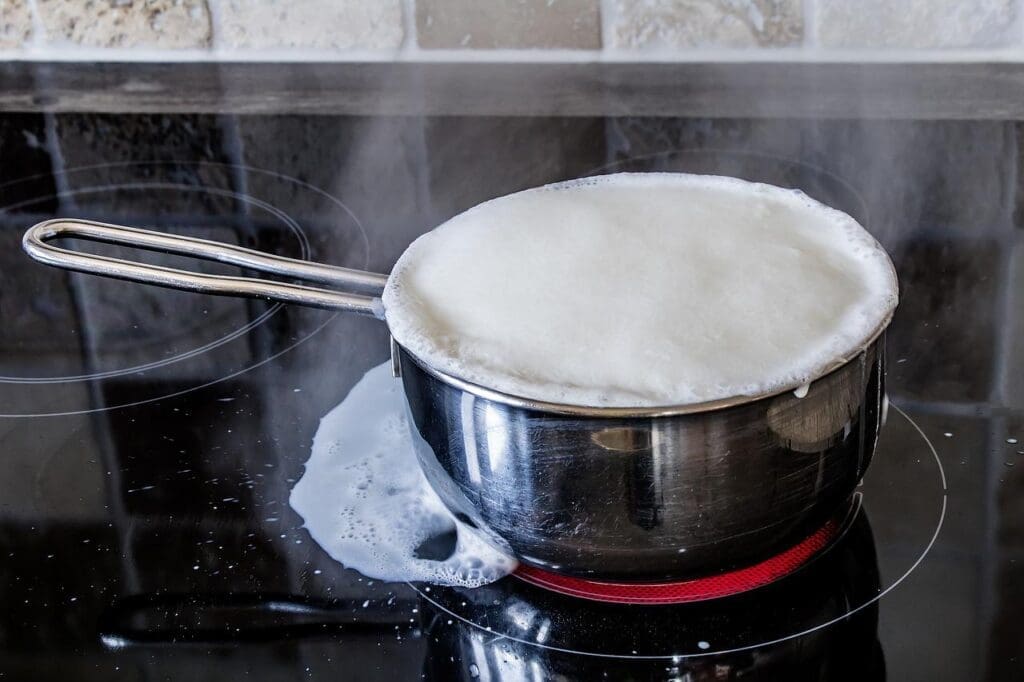
Can we store raw milk without boiling?
The answer to this question is a bit more involved than a simple yes or no. If you follow the six-step process outlined above for milking your Jersey cow, it’s safe to store the raw milk without boiling it. When you boil raw milk, you lose all the benefits of drinking it raw.
Boiling raw milk is a form of pasteurization. While pasteurization kills off potentially harmful bacteria, it also destroys the many beneficial microorganisms found in raw Jersey cow milk. We never pasteurize our raw milk for this reason.
There are other ways to ensure your raw milk is safe before you consume it. Our multi-step milking process, followed by periodic testing, reassures our family that our Jersey cow’s milk is safe for us to consume.
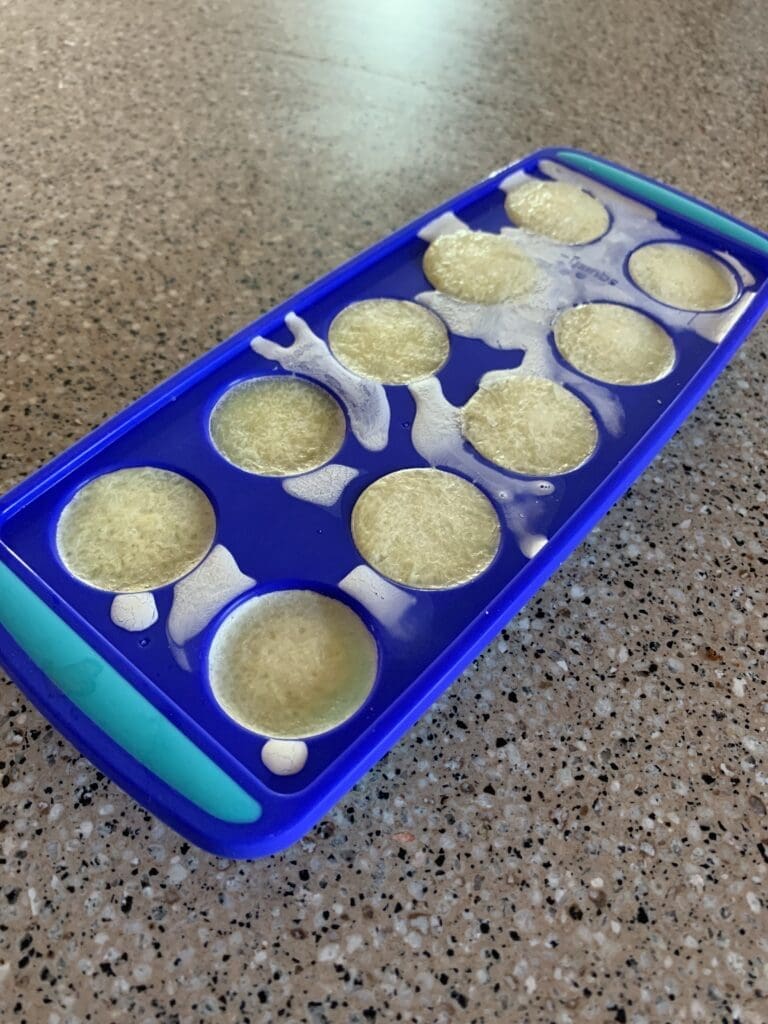
It is OK to freeze raw milk?
If you’re worried about your raw milk going bad before you can drink it, it’s OK to freeze it before that happens. The trick to freezing raw Jersey cow milk is to preserve its freshness without resorting to using harsh chemicals or procedures. Here’s what we recommend.
- Add a half teaspoon of baking soda to a gallon of raw milk to minimize clumping during the freezing process.
- Freeze milk when it’s at its freshest (which might mean as soon as you milk it from your cow).
- Place raw milk in a bowl of cold water when thawing to ensure temperature consistency throughout the process.
Some people use glass bottles when they freeze their milk. They leave some room at the top for the expansion that occurs as the raw milk goes from a liquid to a solid. Another option for freezing your raw Jersey cow milk is rectangular plastic freezer containers. You’ll still need to leave space for expansion if you use the plastic option.
How do you safely store raw milk?
The key to safely storing raw milk is to keep it chilled. If you plan to drink it, you can store it in clean, 2-quart glass jars. It’s better to use multiple small glass jars than one large glass container to reduce the risk of contamination every time you remove the lid to get some. If you follow all the tips in this post, your raw Jersey cow milk should stay fresh for 7 to 10 days.
Enjoy!
In our kitchen, we only use cultures from Cultures for Health.
Get yours here and start culturing today.
Popular Articles
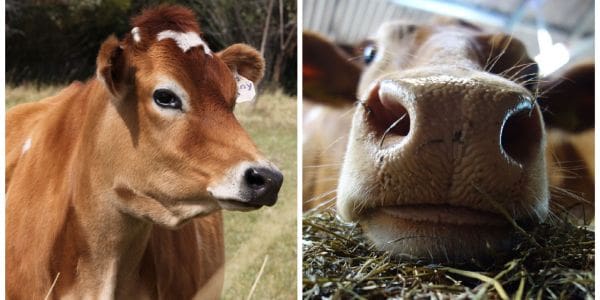
Jersey vs. Guernsey Cows: What’s the Difference?
Newsletter
Get signed up to get latest updates and new information from the Jersey Milk Cow!
This site uses Akismet to reduce spam. Learn how your comment data is processed.

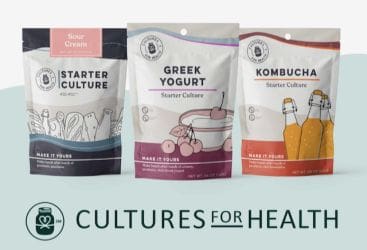
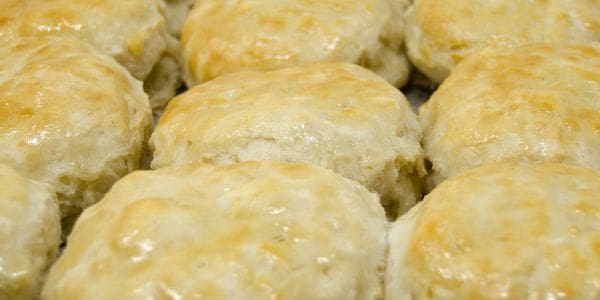


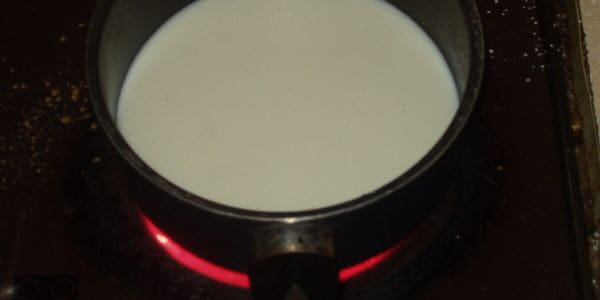
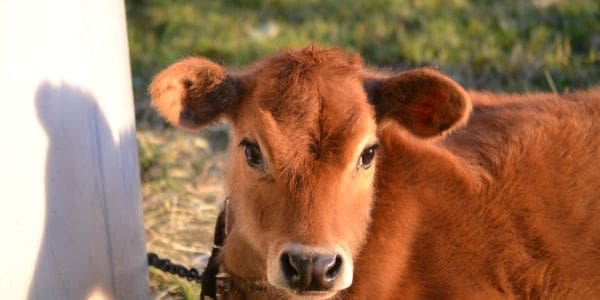
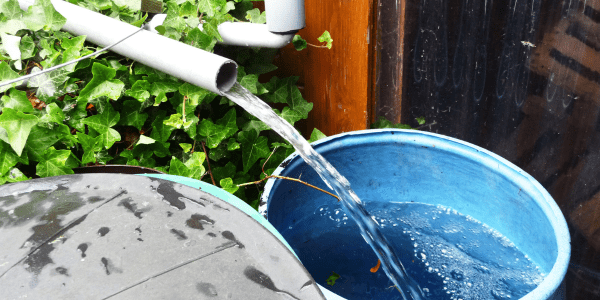
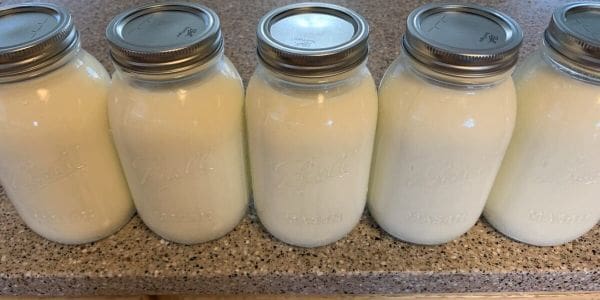
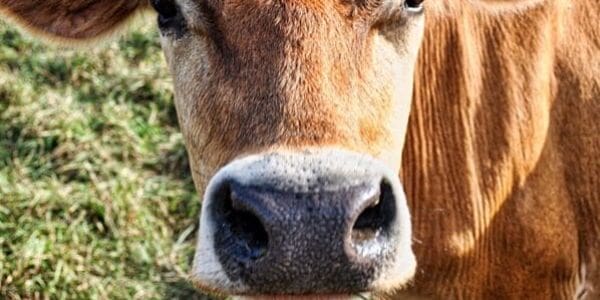
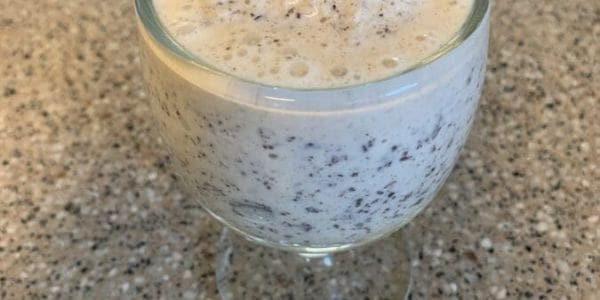
Leave a Reply